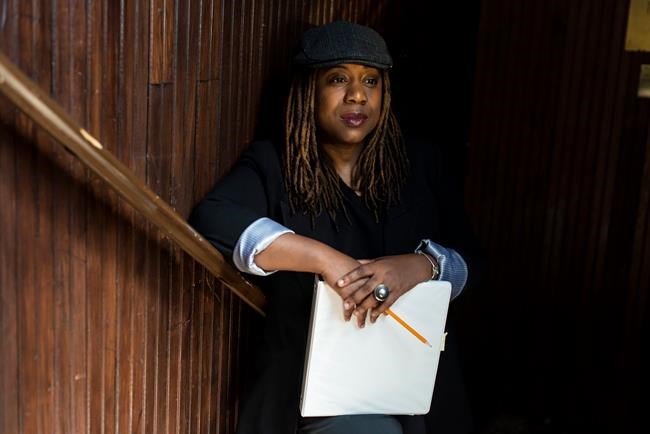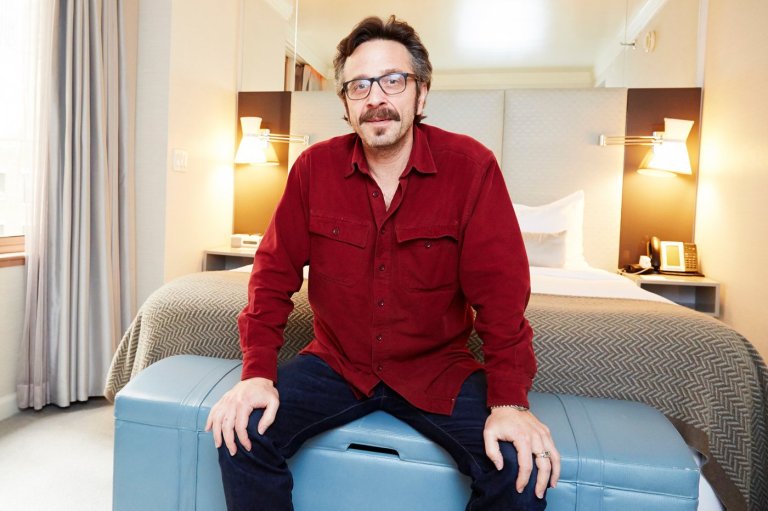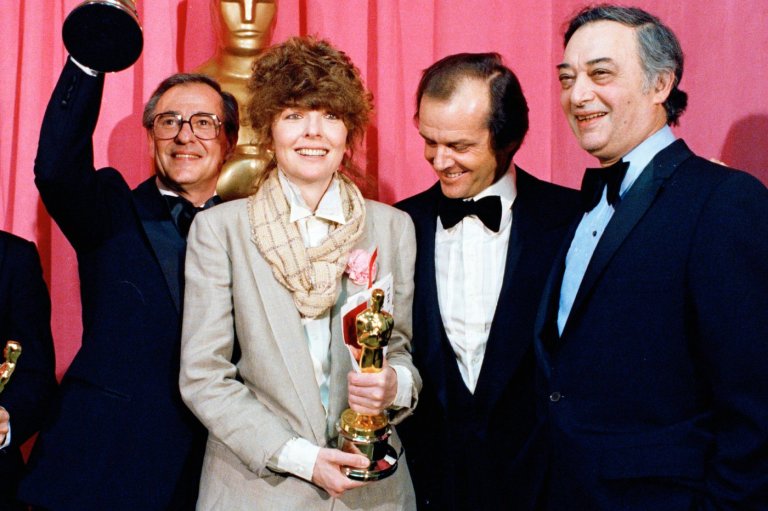
‘How Black Mothers Say I Love You’ explores mother-daughter relationships
TORONTO – Pieces of Trey Anthony’s life story are woven throughout her latest theatrical work, but she sees universal appeal in the mother-daughter dynamic explored in “How Black Mothers Say I Love You.”
“It really crosses over race. It crosses over class,” Anthony said in an interview ahead of the play’s world premiere Thursday at the Factory Theatre in Toronto.
“This is a mother that is trying her best to love her child, and her daughter does not think that her mother loved her in the way that she needed to be loved — and I think all of us can relate to that.
“We all have that sort of conflict at some point in our lives…. Our mothers aren’t the people that we want them to be, and as mothers sometimes, your children aren’t the people that you expected them to be.”
“How Black Mothers Say I Love You” documents the story of Daphne (Ordena Stephens), who has left her children in Jamaica and journeyed to Canada for work.
The award-winning playwright behind the theatrical smash “Da Kink in My Hair” drew on the stories of her mother, Angela, and late grandmother Maude for her new play, which uses Canada’s West Indian Domestic Scheme as its historical backdrop.
Under the plan introduced in the mid-1950s, eligible black women aged 18 to 35 were permitted to enter Canada, primarily from Jamaica and Barbados. Following a year as a domestic servant, they were awarded landed immigrant status and later allowed to apply for citizenship.
Since one of the requirements of the scheme was for women to have no children, many lied about being mothers. As a result, the denials made it impossible for parents to send for their kids, leaving many families devastated, Anthony noted.
“Not a lot was really documented about what happened to these families, what happened to these mothers,” she said.
“I really wanted to explore in this play the dynamics of what makes a good mother. What decisions do you have to make as a mother? Are you self-sacrificing not only for yourself but are you also sacrificing for your children?”
Anthony said the piece stirred considerable emotions, especially given the autobiographical connection to the stage production.
Prior to her grandmother’s death, Anthony interviewed and researched her and asked her to share one of her biggest regrets.
“Here’s a woman that knew she was dying and she said: ‘The biggest regret that I have was leaving my children behind in Jamaica because especially your mother has never forgiven me for that,’” said Anthony.
“I cannot watch this play in rehearsal without thinking about her. I cannot watch the tape of my grandmother saying that without thinking about her. And I really do feel that this piece is a really big dedication not only to her but to other women who didn’t get the chance to say ‘I love you’ in the way that they thought they were supposed to say it.
“For me, it’s been a very emotional journey.”
— Follow @lauren_larose on Twitter.
Join the Conversation!
Want to share your thoughts, add context, or connect with others in your community?
You must be logged in to post a comment.



















